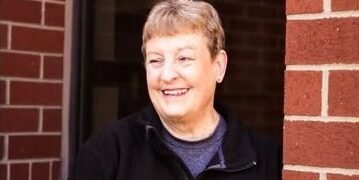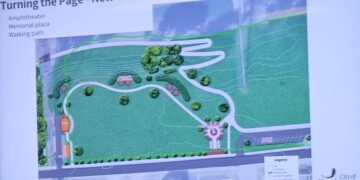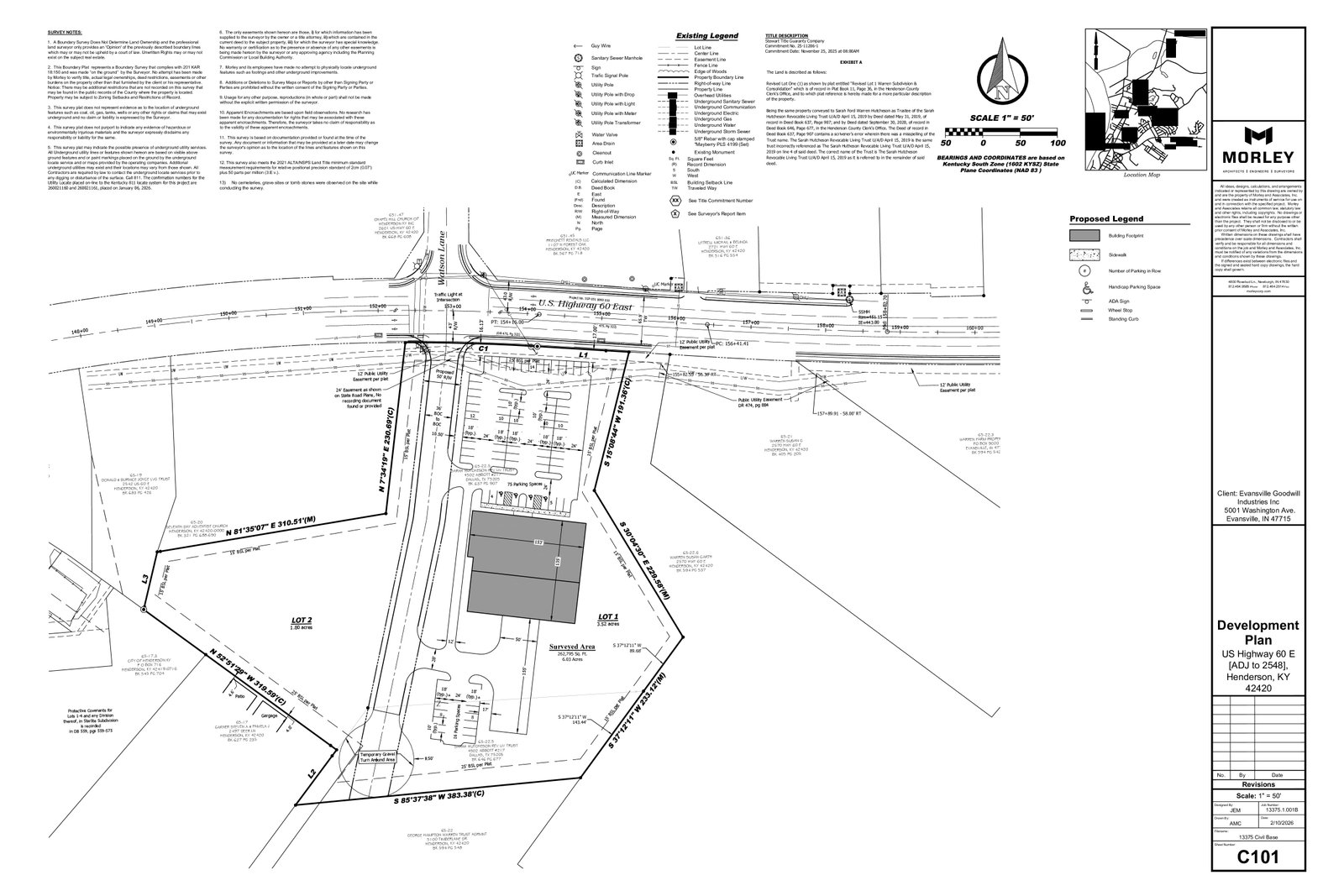The Henderson County Fiscal Court passed a two-year moratorium on applications for wind energy conversion systems Tuesday but not before some objections to the language of the amendment were aired.
The vote was 5-1. Magistrate Taylor Tompkins cast the dissenting vote. He said he objected to language in the ordinance that the moratorium will be in place for two years from the date of its passage “or until such time as Fiscal Court amends this Article for adopting comprehensive WECS regulations…”
Tompkins objected to the “or until..” phrase, saying he wanted a full two-year pause without any chance of its being shorter. He said he believes that local officials are going to need all the time they can get in gathering every resource and every option to be the most informed to write the regulations for the WECS.
That language—“…or until…”—is most likely there so that entities involved in the WECS discussion, including energy company Cordelio Energy, don’t find the moratorium’s length “arbitrary and capricious,” said County Attorney Steve Gold.
Gold said that moratoriums are set up as temporary and can’t take more time than is needed. Including the “or until” language is assurance to outside parties that work on the ordinance is taking place. He added that developers could also file suit if a government passes a moratorium for longer than it needs to do its work—in this case the research and public hearings needed to decide what the regulations regarding WECS should be for Henderson County.
And the moratorium without that language “opens the door to a lawsuit,” Gold said.
Gold, however, said he expects a lawsuit coming from some party at some point as the county develops a WECS ordinance or after it finally passes. He said controversial land use decisions often bring lawsuits.
Five residents spoke out against renewable energy projects during the “Good of the County” portion of the meeting while one spoke in favor of renewables. Those who spoke against were met with applause after from a passionate group of opponents who have attended every fiscal court meeting for months.
Tompkins, in his final comments of the meeting, said he has been disappointed with how personal some of the criticism has become as the fiscal court works through the process of a WECS ordinance in the county.
“Respect and kindness are not hard things to show, and I don’t feel like that’s always being done,” he said. He added that he’s attempted to do his due diligence, driving to northern Indiana and Illinois to look at wind farms there. “I’m going to continue doing what I do,” he said.
Henderson County Judge-Executive Brad Schneider reminded those who spoke that the next Henderson City-County Planning Commission public hearing regarding WECS will be the most important for residents to speak at.
It will be at this meeting, or series of meetings, in which the planning commission will hear public testimony that will ultimately be used to craft the ordinance that specify the regulations of WECS in Henderson County. The date for the meeting has not been determined.
The journey to a WECS moratorium began in July when the fiscal court approved a resolution for a one-year moratorium and sent the item to the planning commission for its consideration and recommendation.
At its Sept. 2 meeting, the planning commission increased the recommended length, sending back a recommendation for a two-year moratorium. After that meeting, planning commission staff had to transcribe minutes and write the findings of fact before those documents could be approved at its Oct. 7 meeting and then sent back to the fiscal court, which heard a first reading Oct. 14.



















